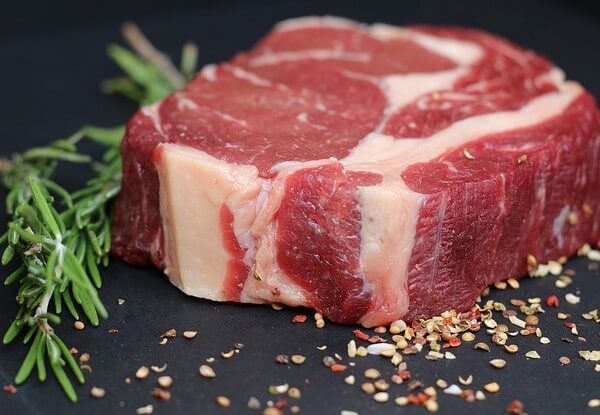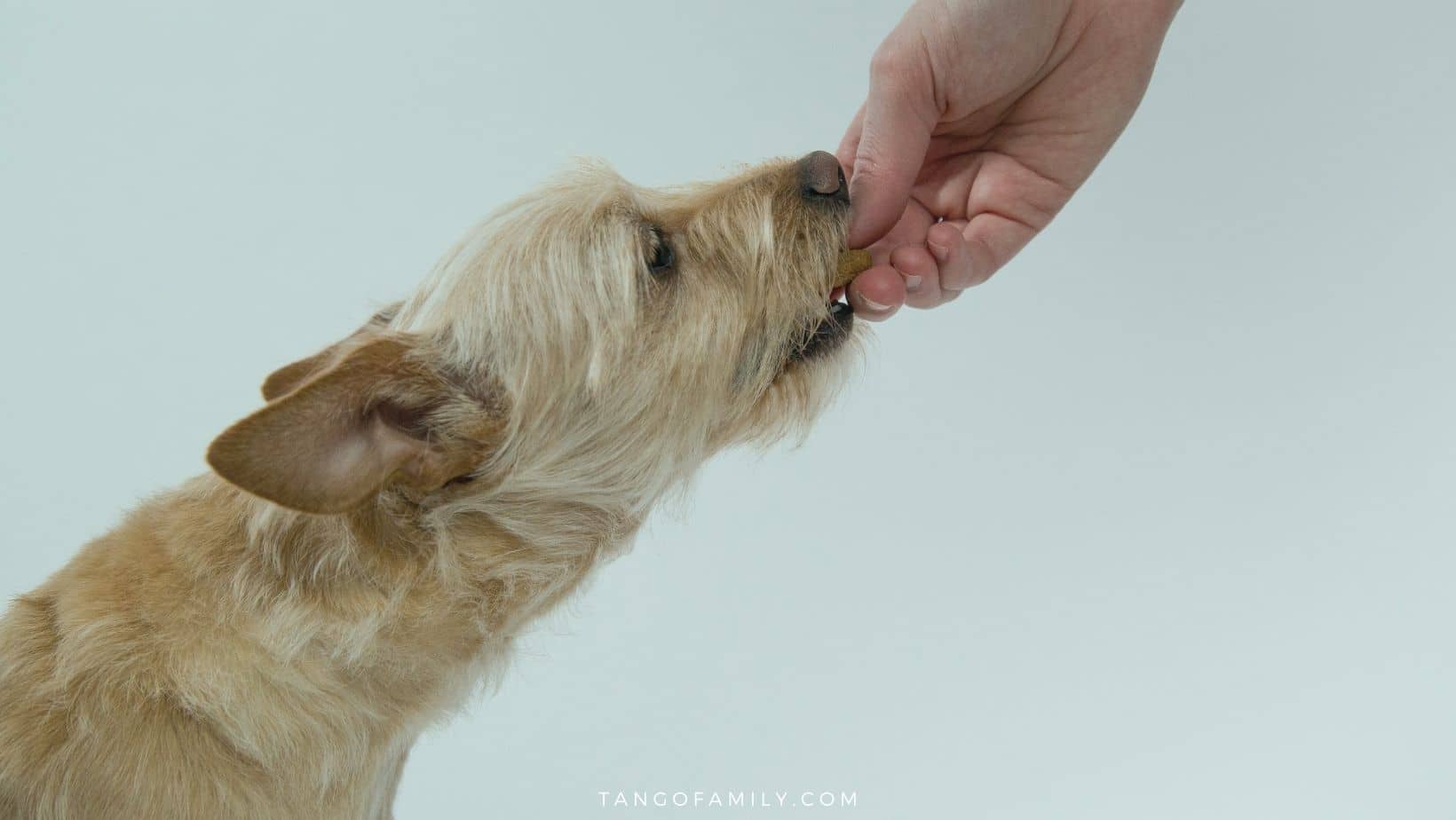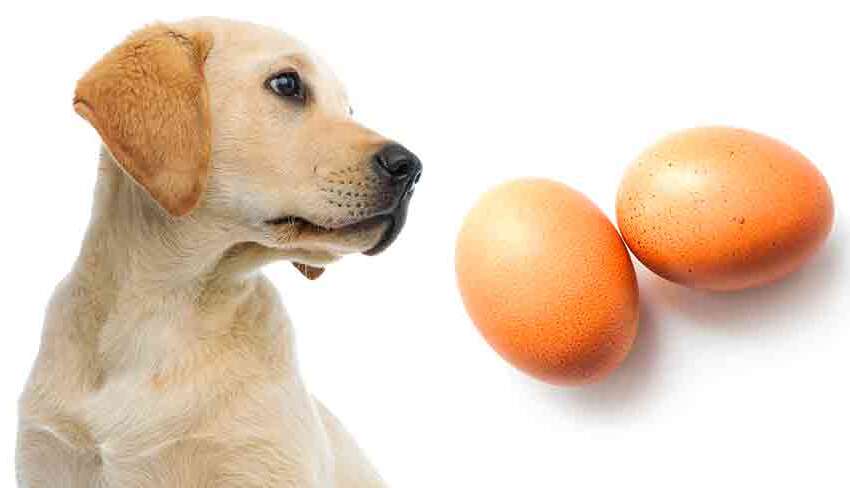Can dogs eat steak? One of the most asked questions by dog owners. Regarding canine cuisine, steak is commonly thought of as one of the most nutritious yet potentially dangerous treats you can give your dog. While dogs can benefit from the protein and assorted vitamins in steak, it can cause problems if fed incorrectly. This tasty treat can compromise the health of your dog, but you can still give it with some careful preparation and limiting.
First, you should know that dogs shouldn’t eat bones, especially steak bones. Your puppy may need surgery to remove a bone stuck in his throat or digestive tract. Steaks can be safe for a dog if cooked properly and broken into small pieces. You should also avoid seasonings and trim away any excess fat or gristle. Feeding your dog steak regularly can lead to digestive problems due to the high protein content.
You should talk to your vet before making any drastic dietary changes to your dog. If you are stuck with the question, “can dogs eat steak?”, your can ask your vet, and he will advise you on which proteins are best for your dog’s health and activity level.
Can Dogs Eat Steak?

The answer to the frequently asked question, “can dogs eat steak?” Is Yes! Steak is safe for dogs to eat occasionally if it is cooked, but you should never give your dog raw meat. Steak is an excellent protein source with other good nutrients for your pet. Steak can be part of a healthy diet for your dog, but it should not contain harmful seasonings like onion, garlic, or salt.
Can Dogs Eat Raw Steak?
Dogs shouldn’t eat raw steak because it could be contaminated with harmful bacteria like listeria, E. coli, or salmonella, leading to severe stomach issues and even death. Never feed a rare steak to your dog; instead, cook the meat completely. Dangerous bacteria in the meat can be eliminated by cooking it to an appropriate temperature. Your dog will likely contract a foodborne illness or another bacterial infection if fed raw meat.
Can Dogs Eat Steak Bones?
Raw or cooked steak bones should be kept away from your dog. Providing your dog with raw meaty bones is not recommended by the FDA. Ingestion of raw meaty bones has been linked to numerous cases of canine suffocation.
Proponents of the BARF (Bones and Raw Food) diet claim that raw bones can be safely consumed, but this is not entirely true.
The size and type of bone you give your dog will determine whether or not it is safer to give them raw or cooked steak bones.
Steaks with bones that have been cooked pose a greater risk of injury to teeth and suffocation because they are easier to break. Perforation of the colon or the throat can result from the bones’ sharpness and brittleness.
You need to be very careful when feeding your dog bones. Dogs should be rushed to the vet if their owners notice any of the symptoms of choking or intestinal blockage. Still, it could be safer to avoid bone products.
Can dogs eat veal?
Veal is generally considered safe for consumption because it is not toxic to most dog breeds. However, it’s still smart to ask if it’s safe for your dog’s breed or to start with a low dose and increase gradually.
3 Health Benefits of Steak for Your Dog
Steak, once cooked, can be given to dogs as a treat or added to dry pet food like kibble to make it more enticing.
- One, it’s a nutritious option because of the protein it contains, which helps your pet build muscle and gives it energy.
- Secondly, meat is a great source of vitamins and nutrients, including phosphorus, iron, and vitamin B12, which are good for your dog’s health and immunity.
- Third, steak contains omega-6 fatty acids contributing to a healthy coat and skin.
Nutritional Benefits of Steaks
A commonly asked question is, “can dogs eat steak?” here we will answer this by providing the nutritional benefits of steak
- The diet has a lot of protein, so your dog will have more stamina and be able to repair your muscles and tissues more quickly.
- Vitamins and minerals, such as omega-3 and omega-6 fatty acids, zinc, selenium, iron, phosphorus, and niacin, that aid in thyroid function, metabolism, and other processes; B vitamins, which aid in stress reduction, immune system improvement, bone and tooth health;
- Protecting cells from oxidative damage, coenzyme Q10 is an antioxidant.
Risks of Feeding Your Dog Steak
Your dog may enjoy a cooked steak as a special treat, but there are potential health concerns you should be aware of before giving it to your dog. The following are some of the potential side effects of feeding your dog an excessive amount of raw or undercooked steak:
- A large steak may be too tough for your dog to chew and swallow safely. If you want to feed your pet cooked steak, cut it up into small pieces so it can chew it easily. Dogs shouldn’t be fed raw steak bones because they can break and cause choking or digestive damage.
- Raw meat is a common source of harmful bacteria and pathogens that can cause consumer illness. Consuming raw beef or allowing your dog to chew on raw bones can lead to bacterial infections and other health problems in your dog. It is best to cook meat before feeding it to your pet.
- Steak condiments like onions, garlic, and salt can cause stomach upset in dogs. Give your pet an unseasoned steak.
- Since steak is high in fat and calories, overeating steak can lead to weight gain and other health issues.
Conclusion
The article has answered the question, “can dogs eat steak”? We hope that you have enough knowledge about giving your dog meat. There is no doubt that steak can provide dogs with protein, iron, and other essential nutrients when consumed in moderation. However, because seasonings, sauces, garlic, and onions are toxic to dogs, the steak must be prepared without them. Steak can lead to obesity and other health issues in dogs. Introduce steak gradually to see how your dog reacts. A veterinarian can help if you are concerned about your dog’s health or diet.





